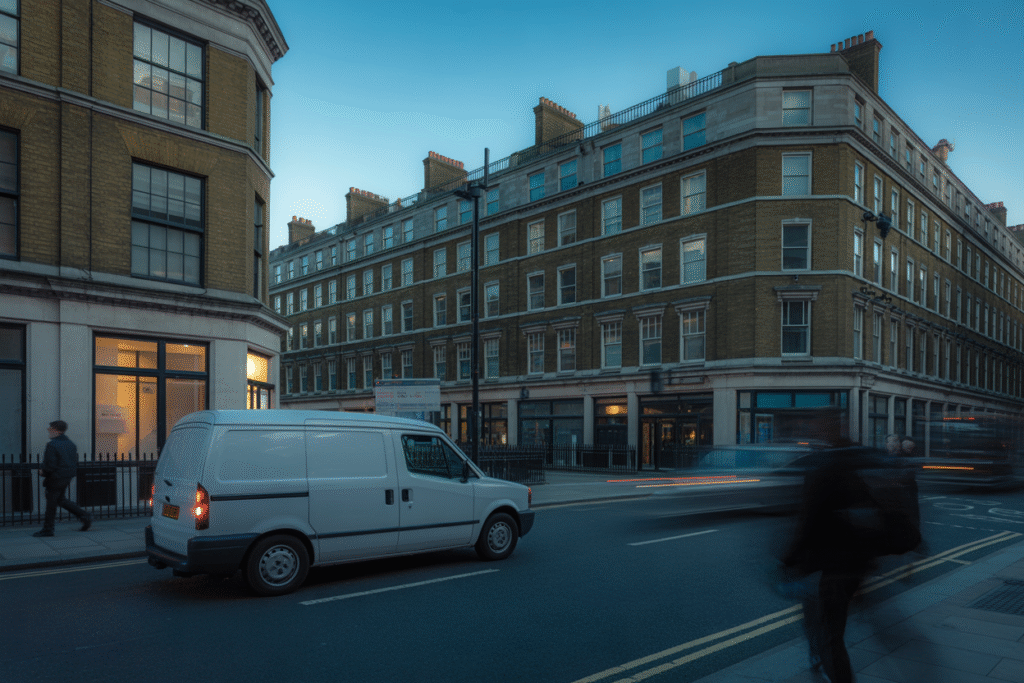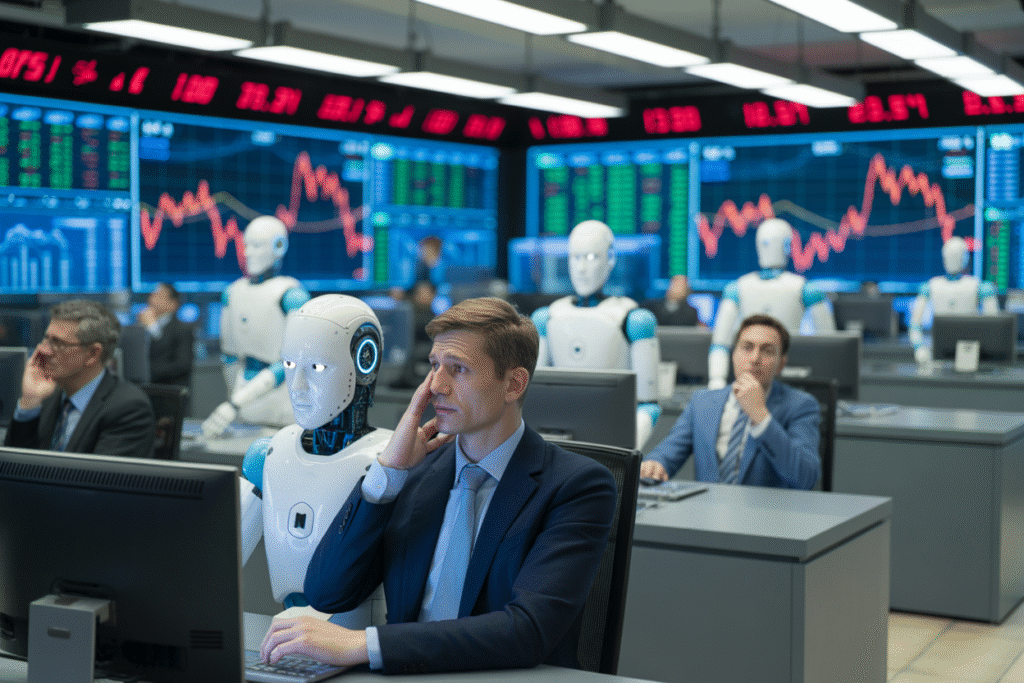From AI doctors watching your vitals to surveillance vans scanning your face—five stories reveal how AI replacing humans is no longer sci-fi.
AI replacing humans used to be a headline from 2050. Today, it’s a tweet from three hours ago. From Harari’s healthcare warnings to Altman’s bubble confession, the debate just got real—and personal.
The Doctor Will See Your Data—Forever
Imagine waking up to a doctor who already knows your blood sugar spiked at 3 a.m. because your smart toilet sent the data to an AI cloud. Sounds convenient, right? But what if that same AI quietly sells your DNA to insurers or flags you as a future liability? That’s the tension Yuval Noah Harari exposed in a viral clip this morning. He argues that AI replacing humans in healthcare isn’t just about efficiency—it’s about trading privacy for longevity. Harari warns that once we let algorithms monitor every heartbeat, we invite a level of surveillance that makes today’s data-harvesting look quaint. The promise is early cancer detection and personalized treatment. The price is a biometric leash that never comes off.
Dot-Com Déjà Vu: Altman Sounds the Alarm
Sam Altman just compared the AI boom to the dot-com bubble, and the internet is sweating. In a candid interview, the OpenAI CEO admitted that hype is outpacing reality, echoing the late-90s frenzy that ended in tears. Remember Pets.com? Altman says we might be building the AI version right now. Investors are pouring billions into models that still hallucinate facts and struggle with basic reasoning. The upside is that bubbles can birth transformative tech—think Amazon rising from the dot-com ashes. The downside is mass layoffs, vaporized capital, and public distrust. If Altman is right, the next crash could reset the field—or entrench Big Tech monopolies even deeper.
From Meme to Machine: The Deep State AI Myth
Scroll through fringe forums and you’ll find a new conspiracy: Trump is secretly building an AI surveillance state dubbed “Alligator Alcatraz.” The theory claims detention centers, facial recognition vans, and predictive policing algorithms are being assembled under the guise of national security—only to be weaponized against political opponents later. While the narrative is speculative, it taps into real fears. Cities like London already deploy AI vans that scan crowds in real time. Critics argue these systems displace human judgment with error-prone code, amplifying racial bias. The question isn’t just who controls the tech today, but who inherits the switch tomorrow.
Big Brother on Wheels: London’s New Reality
The UK Home Office just rolled out AI surveillance vans, and privacy advocates are furious. Equipped with facial recognition and live-streaming capabilities, these roving units can identify suspects in seconds. Police hail them as crime-fighting breakthroughs. Civil liberties groups call them mobile Big Brother. The tech’s accuracy is still shaky—false positives could brand innocent bystanders as criminals. Meanwhile, Silicon Valley insiders admit the AI hype bubble is leaking air. Governments, however, keep doubling down, pouring taxpayer money into systems that may never deliver promised productivity gains. The disconnect is stark: industry whispers “overpromise,” while regulators shout “full speed ahead.”
Your Move: Tool or Tyrant?
So where does this leave us? On one side, AI replacing humans offers dazzling benefits—early disease detection, safer streets, economic growth. On the other, we risk a future where privacy is archaic, jobs vanish overnight, and algorithms decide who gets freedom. The next five years will determine whether we harness AI as a tool or submit to it as overlords. Want to stay ahead of the curve? Share this article, tag a friend, and join the conversation—because the future won’t wait for permission.


